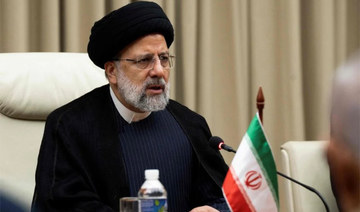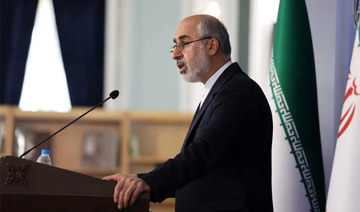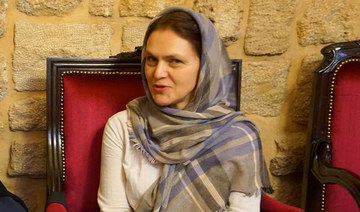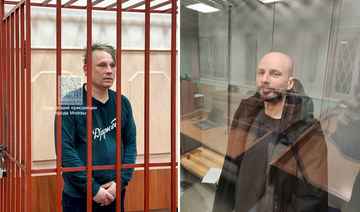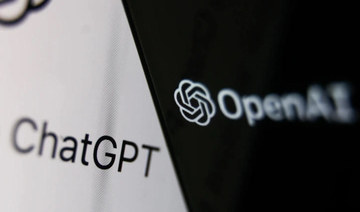LONDON: Iran’s Supreme Council of the Cultural Revolution is introducing stricter controls governing content on privately owned entertainment platforms operating in the country.
The new regulations, based on a ruling approved this month by the council during a meeting presided over by Iranian President Ebrahim Raisi, give state broadcaster the Islamic Republic of Iran Broadcasting absolute control over the films, TV shows and music that can be offered on the platforms.
It will therefore have the power to block content made by filmmakers, actors and musicians the state does not approve of, effectively giving it total censorship control.
Industry experts and professionals expressed concern about the new regulations, which they said represent the further erosion of artistic expression in a country where the media and entertainment are already heavily controlled.
An Iranian former actress, who now lives in Denmark and asked not to be named, told Arab News that the tightening of control over entertainment platforms is a blow to the Iran’s entertainment industry. She said that the effect it will have on platforms such as Filimo, an Iranian streaming service similar to Netflix, will be “damaging for many actors and filmmakers in Iran. But most importantly, it is discouraging for viewers who cannot access uncensored content on other streaming service like Netflix or Hulu.”
Paymen Jebelli, the head of Islamic Republic of Iran Broadcasting, said he was pleased with the announcement and that his organization is developing regulations for its oversight of streaming services.
In January, he wrote to Raisi demanding that Filimo be blocked. In particular he highlighted “The Fall,” an Iranian drama series about a young newlywed couple dealing with marital issues. It has been under fire from officials since its lead actor backed the Iranian opposition and heavily criticized the regime in Tehran and its supporters.
This month, the state broadcaster also warned producers not to work with actresses who have voiced support for the movement that opposes the compulsory wearing of the hijab, or for the ongoing anti-government protests that began following the death of Mahsa Amini, a 22-year-old Iranian woman who died in September last year while in police custody after she was detained for failing to cover her hair in accordance with strict rules on dress.
Other people who work in the Iranian entertainment industry and fall foul of the regime for various reasons have faced issues such as flight bans and frozen bank accounts.
Online streaming platforms in Iran, such as Filimo and Namava, have grown in popularity because there are no privately owned television networks. Such services offer content, in Persian and English, by independent artists and filmmakers who are often considered non-conformist by the regime.
Meanwhile, Islamic Republic of Iran Broadcasting, which is under the authority of Supreme Leader Ali Khamenei’s office, has been losing viewers, a trend industry experts blame on its excessive emphasis on religious programming and censorship of news.
Until now, the Ministry of Islamic Guidance and Culture, in collaboration with the Iranian Audiovisual Media Regulatory Authority, which is affiliated with the state broadcaster, has been responsible for vetting content on privately-owned streaming platforms.




